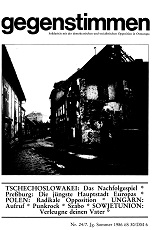
Tschechoslowakei - Das Nachfolgespiel
Mehrere Anwärter scharren in den Startlöchern, um sich im Augenblick von Gustav Husaks Abgang die beste Ausgangsposition für die Führung der KPTsch zu sichern.
More...We kindly inform you that, as long as the subject affiliation of our 300.000+ articles is in progress, you might get unsufficient or no results on your third level or second level search. In this case, please broaden your search criteria.

Mehrere Anwärter scharren in den Startlöchern, um sich im Augenblick von Gustav Husaks Abgang die beste Ausgangsposition für die Führung der KPTsch zu sichern.
More...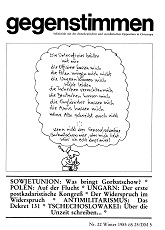
In den letzten Jahren hat es in der ungarischen Parteiführung einige Revirements und Personalrochaden gegeben. Wie alles im ungarischen politischen Herrschaftssystem, geschah dies leise und unauffällig. Fast so unspektakulär, daß es wieder einmal beinahe unterging: nach wie vor hält man Ungarn für einen der stabilen Pole des Ostblocks. Im Frühling 1985 geschah aber sehr viel im ungarischen innenpolitischen Leben. So viel Dichte der Ereignisse ist man in diesem trägen politischen System nicht gewohnt. Der Parteikongreß im März war neben den Parlamentswahlen im Mai das bedeutendste Ereignis des politischen Kalenders. Zweifellos wurden hier von der Führungsgarnitur die Weichen für die Zukunft — sprich: die Nach-Kadar-Ära - gestellt.
More...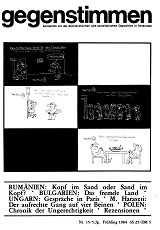
Diesen Winter verbringen die meisten Rumänen fröstelnd in ihren Wohnungen. 40-Watt-Glühbirnen beleuchten die Trostlosigkeit in den Heimen, 25-Watt-Funsen erhellen die Straßen. Wenn der Strom nicht ohnedies abgesperrt wird. Die Schwierigkeiten mit der Energieversorgung verschärften sich in den letzten Monaten weiterhin: Kürzung des Fernsehprogrammes und Fahrverbot an jedem zweiten Sonntag sind Begleiterscheinungen, an die man sich bereits gewöhnt hat. Auch auf dem Lebensmittelsektor schlägt die Krise voll durch. Basisnahrungsmittel wie Fleisch, Geflügel, Speiseöl, Milch und Zucker sind nur mehr auf Lebensmittelkarten, strikt rationiert, an fix vorgegebenen Verkaufsstellen erhältlich. Laut einem Bericht im Wirtschaftsmagazin »trend« vom Dezember 1983 sind die Rationen auch alles andere als üppig: in Siebenbürgen unter anderem ein halbes Kilo Schweinefleisch, ein Viertelkilo Rindfleisch, ein Huhn und elf Eier pro Monat. Wobei die — oftmals — sehr miese Qualität noch unberücksichtigt bleibt.
More...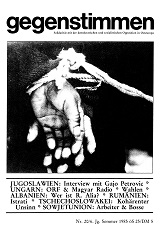
Der überzeugte Rude-Pravo-Leser, der täglich die Seiten des Organs der KPC auf der Suche nach irgendwas mit Neuigkeitswert oder einer seltenen Probe journalistischen Talents durchblättert, ist ein Märtyrer seiner/ihrer Aufgabe. Das abgehärtete Forschungsteam von Radio Free Europę kann sogar aus unscheinbaren Zeilen im Sportteil minimale Politikänderungen oder Zeichen der Uneinigkeit herauslesen. Aber für die meisten hingebungsvollen Bewunderer der Rude Právo hat sie dieselbe Funktion wie sonst der Vitamingehalt eines Müslis. Aber ab und zu wird der Rude-Pravo-Leser mit einer Überraschung belohnt, die von keinem Wekkamin erreicht wird.
More...
Review of: Jörg K. Hoensch: Geschichte Ungarns 1867-1983. Verlag W. Kohlhammer, Stuttgart 1984, 287 Seiten, öS 500.-/DM 64.- David Marples - Danylo Shumuk: Life Sentence. Memoirs of a Ukrainian Political Prisoner. Canadian Institute of Ukrainian Studies, 352 Athabasca Hall, University of Alberta, Edmonton, Alberta, Canada T6G 2E8, 1984, 401 Seiten, Kanadische Dollar 14.95 Barbara Dietz (Hrsg): Zukunftsperspektiven der Sowjetunion. Programm und Wirklichkeit. C.H. Beck, München 1984, 200 Seiten, öS 154.40/ DM 19.80 Cronid Lubarsky (Hrsg): List of Political Prisoners in the USSR. USSR News Brief, München, 325 Seiten Herman Kahn: Nachdenken über den Atomkrieg. Konflikt-Szenarios mit simulierten Situationen im Dienste der Friedensstrategie. Scherz Verlag, Bern und München 1984, 318 Seiten International Helsinki Federation for Human Rights (Hg.): A Report from the International Helsinki Federation for Human Rights. Violations of the Helsinki Accords: August 1983 - September 1984, 195 Seiten, US-Dollar 8.- Edvard Kardelj: Der Übermacht zum Trotz. Erinnerungen an Jugoslawiens Kampf um Anerkennung und Souveränität 1944-1957. Mit einem Vorwort von Dr. Bruno Kreisky. Drava Verlag, Klagenfurt/Celovec und Editoriak stampa Triestina, 1984, 206 Seiten Milo Dor/Reinhard Federmann: Internationale Zone. Medusa, Wien 1984, 223 Seiten Dietrich Frenzke: Verträge der UdSSR über Freundschaft und Zusammenarbeit. Analyse und Dokumentation. Berlin Verlag, Berlin 1983, 276 Seiten, öS 296,40/DM 38.- Helga Hirsch: Bewegungen für Demokratie und Unabhängigkeit in Polen 1976-1980. Matthias-Grünewald-Verlag, Mainz 1985, 176 Seiten, öS 171.60/DM 22.- Michael Friedländer: Die ungarische Wirtschaftsreform. Wiener Institut für Internationale Wirtschaftsvergleiche. Forschungsbericht 99. Wien 1984, 78 Seiten Ilse Grosser: Der Neue Ökonomische Mechanismus in Bulgarien. Wiener Institut für Internationale Wirtschaftsvergleiche. Forschungsbericht 98. Wien 1984, 82 Seiten Klaus Bednarz: Mein Moskau. Notizen aus der Sowjetunion. Hoffmann und Campe, Hamburg 1985, 264 Seiten, öS 232.40/DM 29.80
More...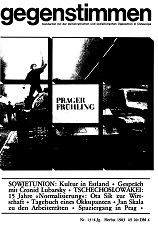
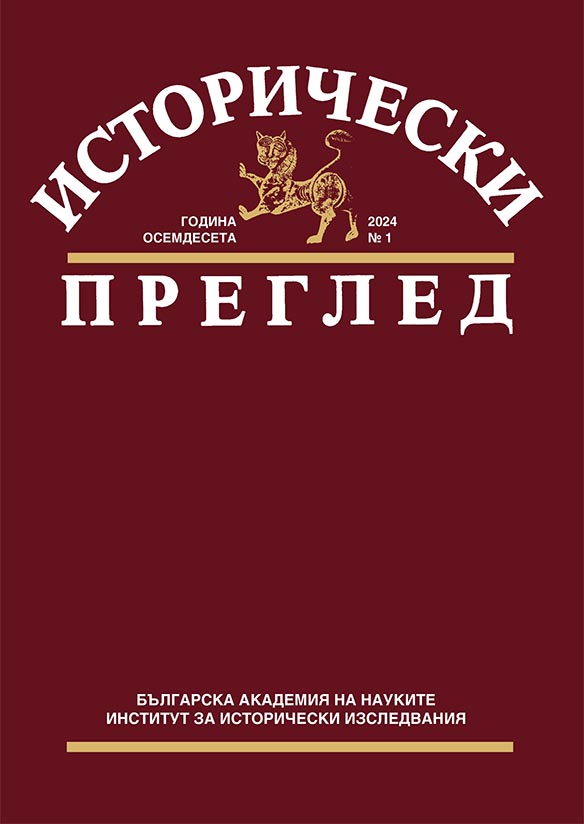
The article presents an overview of key research themes and addresses challenges inherent in the study of Bulgaria’s relations with the European political and economic sphere during the late 1980s and the 1990s. Rather than providing a comprehensive examination of Bulgaria’s transition, the focus is primarily on the historiographical aspect, delving into Bulgaria’s path toward the EEC/EU. The article outlines the difficulties researchers face when working with archival sources and electronic information, emphasizing the positive impact of expanded access to declassified documents, outlining, for example, the various stages of the negotiation process between Bulgaria and the EEC/EU’s institutions before and after the landmark year of 1989. It marks the initial systematic attempt to categorize Sofia-Brussels relations from a historical perspective, representing a noteworthy contribution to the field. This is the first attempt at such a systemization of Sofia-Brussels relations from a historical perspective, which is one of the contributions of the present article.
More...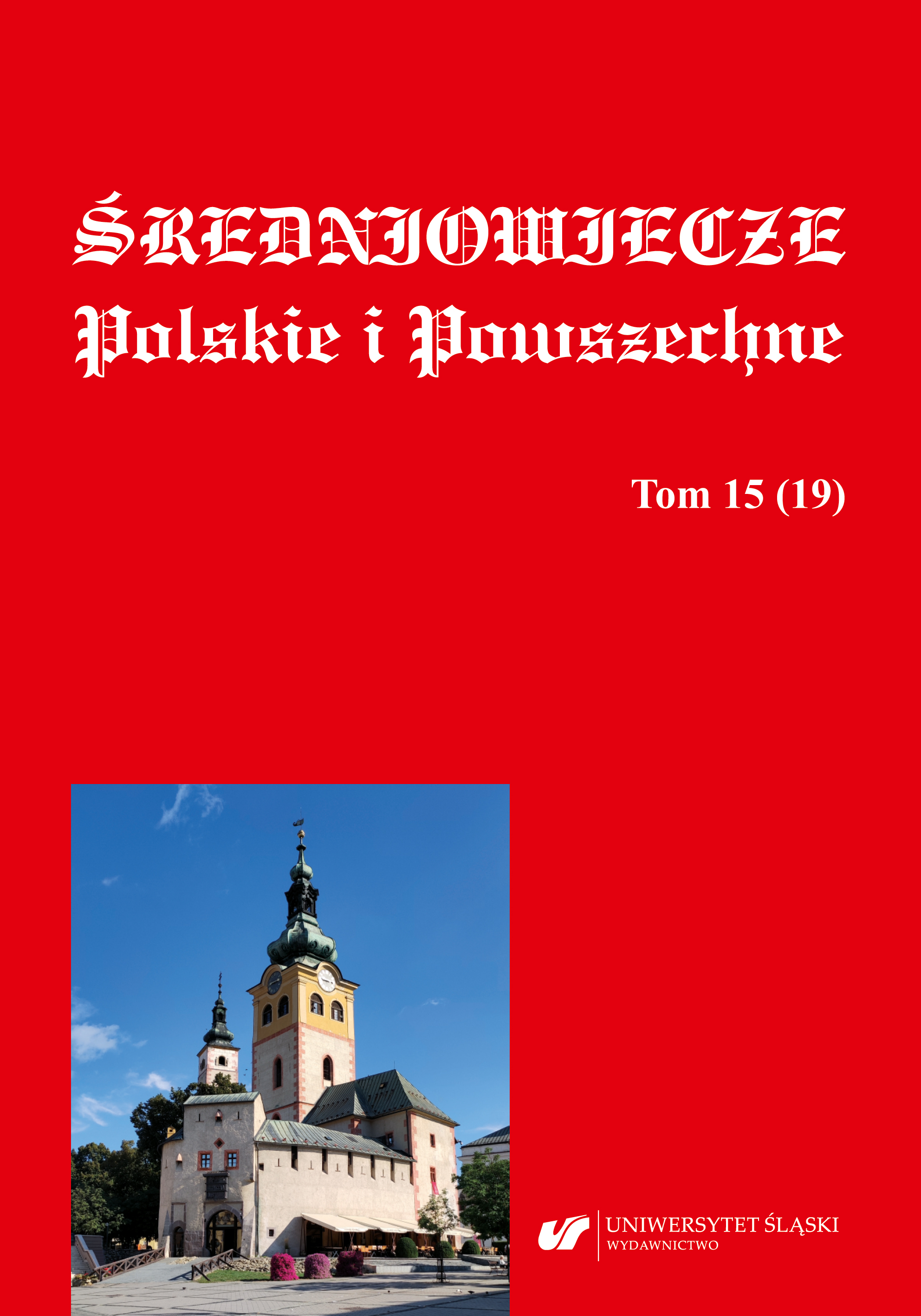
The Archbishop of Gniezno, Bodzanta of Kosowice, of the Szeliga coat of arms, is one of the most controversial figures of late fourteenth-century Poland. He began his career as the governor of Kraków-Sandomierz during the reign of Casimir the Great. He held this office for over 20 years, while also developing his career as a clergyman. His service as a canon in Kraków, a scholastic in Wiślica and finally as provost of the collegiate church of St. Florian in Kleparz were successful. In 1382, by the appointment of king Louis of Hungary, he became the archbishopric of Gniezno, where he remained until his death in 1388. The controversy surrounding Bodzanta stems from his unstable policy during the interregnum following the death of Louis of Hungary. In addition, Jan of Czarnków left in his chronicle an unfavourable opinion about the archbishop, representing him as incompetent and his actions as destructive for the Polish Church. The aim of this article is to highlight the conflict between Bodzanta of Kosowice and prince Władysław Opolczyk, which took place in 1387. The analysis is based on a newly discovered letter of the archbishop to parish priests in the Wieluń region, found in the collections of the Jagiellonian Library. The conflict was caused by the receipt by the prince’s officials of questionable benefits from villages belonging to the clergy of that region. The archbishop defended the local clergy, imposing an interdict on Wieluń and threatening the ruler with excommunication. This study fills a gap related to relations between the most important personages in the Kingdom of Poland at the end of the fourteenth century. In addition, it verifies the state of research on the history of such towns as Krzywarzeka. The attitude and determination of the archbishop in curbing the prince’s decisions and actions contradicts the opinion about Bodzanta’s weakness throughout his pontificate.
More...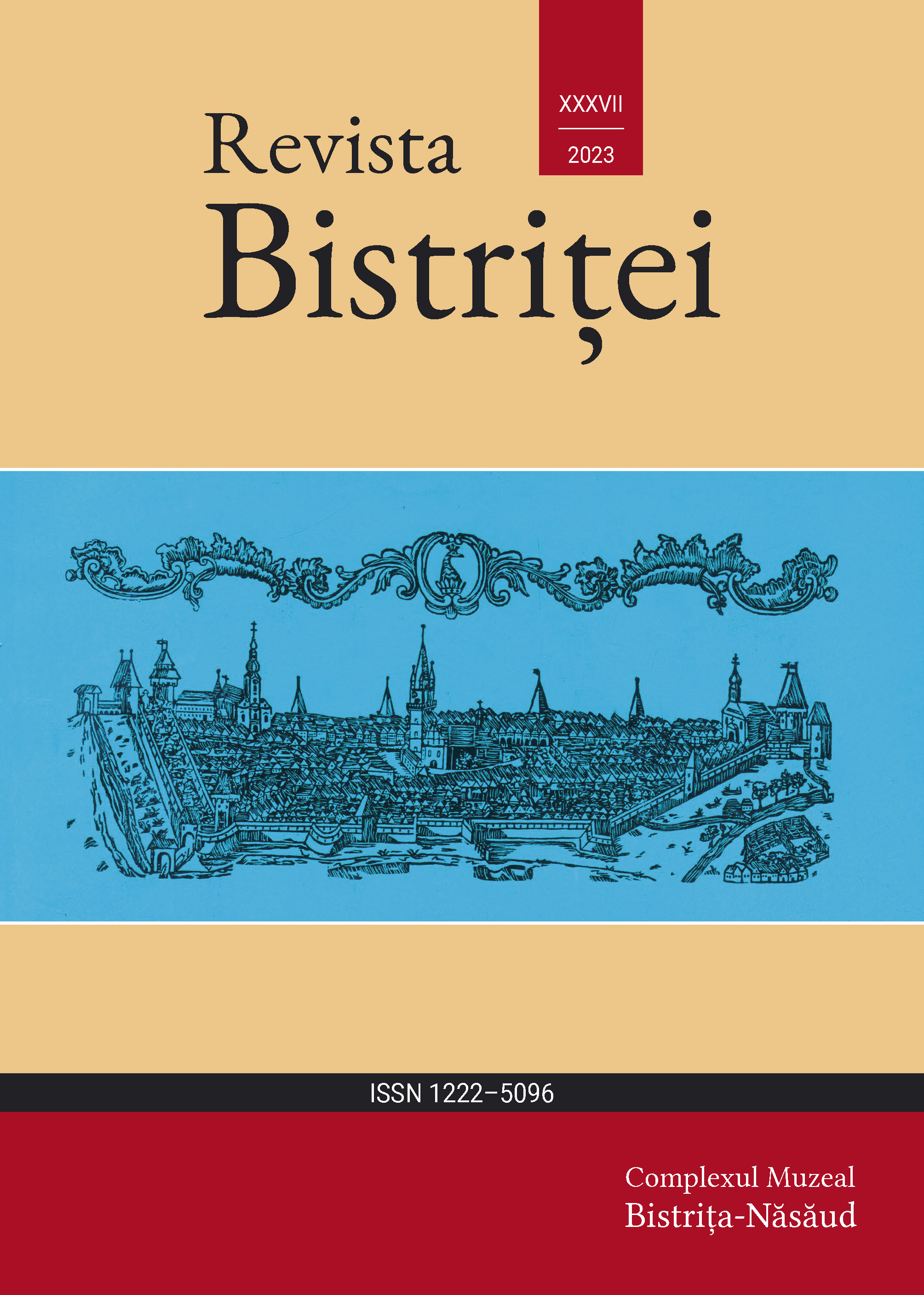
The present paper focuses on the complex ties between the episcopal court of Alba Iulia and the elite of the Bistrița district in the half of century around 1500, based on several unpublished sources, rarely used by previous scholarship. These records highlight a collaboration between the episcopate and the local elite in various aspects, such as the ordination of priests, consecration of liturgical spaces, confirmation of parish priests, collection of church taxes, reinforcement of wills, resolution of disputes under canon law, defense of the kingdom boundaries, and management of relations with other political actors. On the other hand, attempts by the bishops to disregard the right of patronage owned by local communities or to increase the taxation were met with firm resistance, often supported by other members of the Saxon “spiritual university”. However, these conflicts, which were rather often in medieval Transylvania, did not worsen during the analyzed period and did not seem to indicate the imminent triumph of the Reformation in the Bistrița district.
More...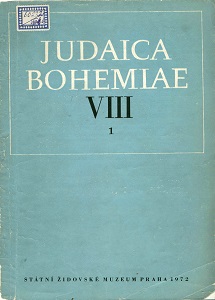
1. Le cycle des conférences d’automne 1970, du Musée Juif d’Etat 2. Le cycle des conférences du Museé Juif d’Etat en 1971 3. L’exposition „Kepler et Prague“
More...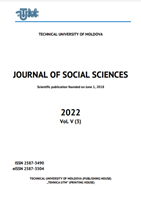
This article addresses the issue of the cause-and-effect relationship between democracy and economic growth in Moldova from 1990 to 2020. This problem is one of the key topics of modern economic political science, but the results concerning the influence of the political system on economy are still ambiguous. No research has been conducted to date on this issue for Moldova. The econometric analysis was conducted using tree composite indexes of democracy, published by Freedom house, Polity V and V-Dem Varieties of Democracy. The causal impact between democracy indexes and per capita GDP growth is tested using Granger causality analysis. The results show that the choice of the democracy indicator and the time interval influences the modeling outcome. All three democracy indices depict different democratic trends at the country level. Although there is a positive causal link between the Polity index and GDP per capita in a short period, other results show no evidence that democratic reforms did contribute to economic growth in Moldova and vice versa. We conclude that democratization in conditions of weak law and political instability contributed to the emergency of a so-called hybrid democracy in Moldova.
More...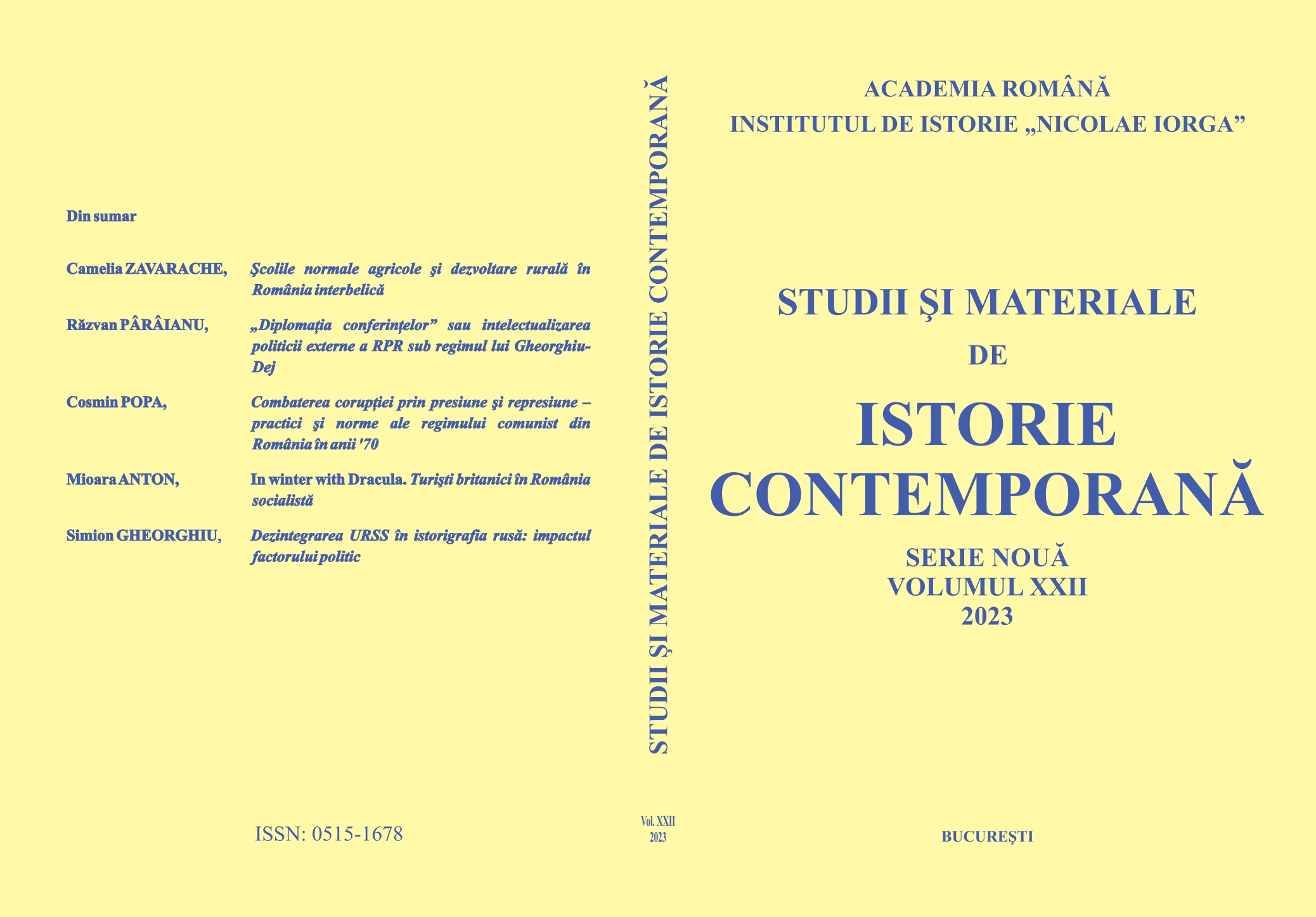
In the mid-1960s, as the regime in Bucharest re-established economic and political relations with Great Britain, it also invested significantly in the development of tourism. Socialist Romania’s hard currency needs forced the communist leadership to find multiple ways to obtain it: tourism was one of the available solutions. Initially, Romanian offers were successful on the British market. During the 1970s, the number of British tourists in Romania increased considerably. They visited either through travel agencies or as private holidaymakers. Figures, however, began to drop when the advertisements proved contrary to the real conditions in the country. Inadequate accommodation services, poor restaurant menus, limited leisure facilities, regime restrictions on travel to and from the country, in addition to rationing and shortages, pushed British tourists into abandoning their holidays and opting for other destinations.
More...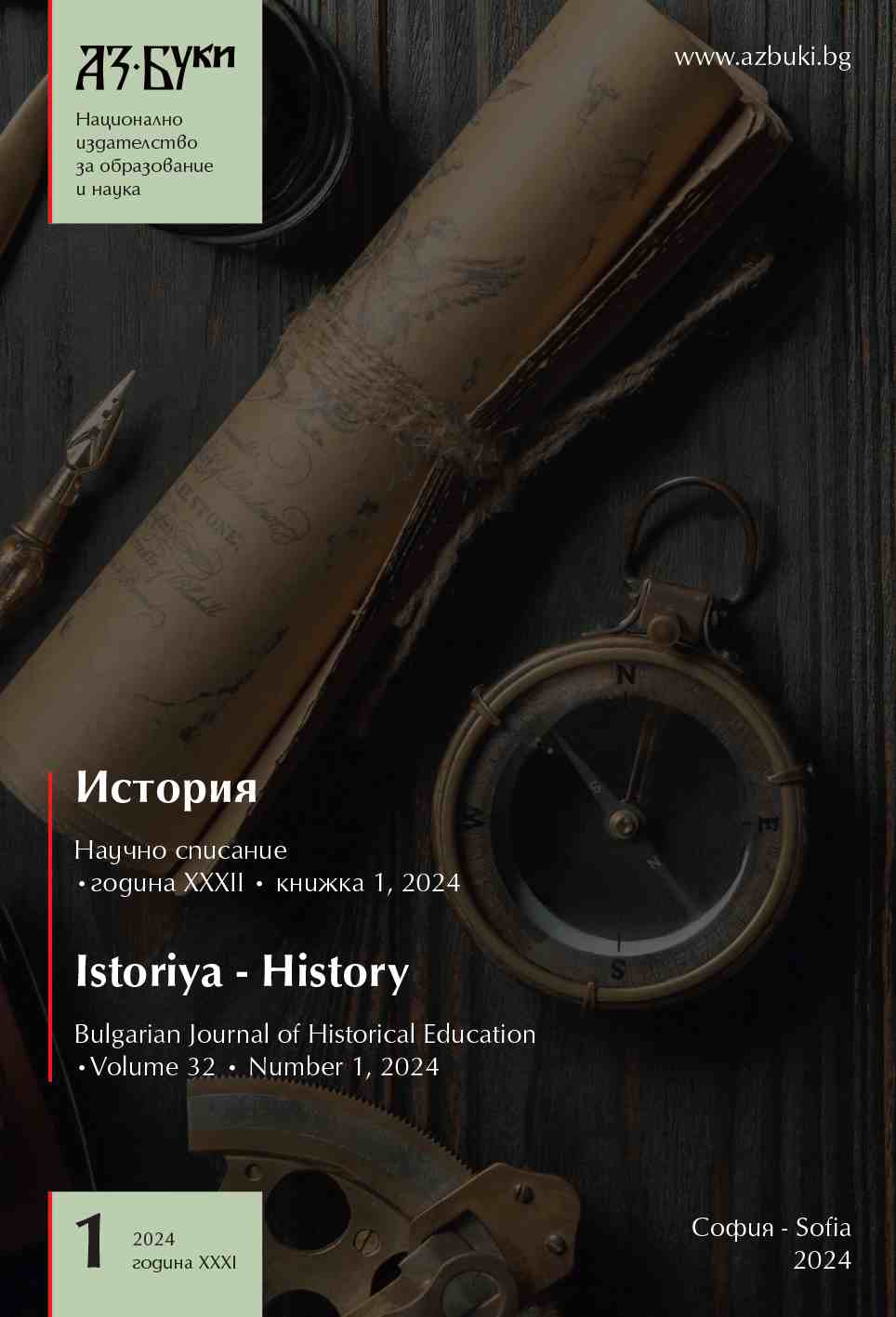
Lasting for over a decade, the Long Turkish war (1593 –1606) temporarily disrupted the diplomatic contacts between Habsburgs and Ottomans. Like any other agreement between Vienna and Istanbul, the peace treaty of Zsitvatorok (1606) left various controversial questions unresolved and provided further issues to negotiate. The present article aims at outlining and analyzing the main challenges the Habsburgs diplomats in Istanbul were faced with during the first two decades after the reestablishment of permanent diplomatic contacts (1608) following the end of the Long Turkish war. The study focuses on the diplomatic mission of Johann Jakob Kurz von Senftenau (1623 – 1624). The choice to examine this particular mission in detail is due both to the good volume of preserved archival documents on its progress, and to the fact that it is among the lesser-known Habsburg embassies in Constantinople from the beginning of XVII century. Along with the ever ongoing negotiations of disputable articles of the peace agreements, rebuilding the intelligence network, and organizing save transportation of the diplomatic correspondence to the Imperial court in Vienna emerge as tasks of primary importance. The financial struggles in times of inflation and the frequent change of Ottoman rulers also stand out as main challenges for the Habsburg diplomats to handle.
More...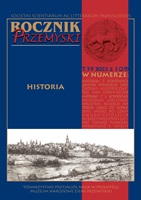
The villages of Dobrzechów, Wysoka Strzyżowska and Oparówka were the property of the Cistercian monastery in Koprzywnica since the Middle Ages. After the First Partition, these areas were taken over by the Austrian authorities as chamber estates. In 1789, as a result of the exchange, the villages became the property of Ignacy Skrzyński, and then of his son Franciszek Ksawery Skrzyński. In 1842, the daughter of the latter - Teofila Koźmianowa née Skrzyński - was installed as the owner of the village. As a result of her premature death in 1852, an economic inventory was prepared in favor of court inheritance proceedings, covering all farms and manor buildings, with a detailed description of the buildings located within them. The source is the only such detailed description of the villages in question preserved, and a significant part of the objects listed in it were destroyed in the 19th or early 20th century.
More...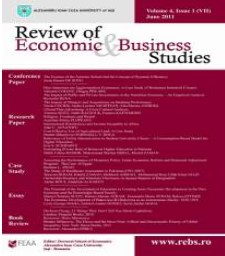
Public and private investment plays a significant role in extension of opportunities for earning higher incomes as well as the consumption of improved quality goods and services to the people of Namibia. Namibia has a free market economy with a strong tradition of central government planning to provide infrastructure for private investment. The economy has grown rapidly since the mid-1980s, with the gross domestic product per capita increasing more than a hundredfold. This article investigates the impact of public and private investment on Namibia’s economic performance during the period 1990-2008. It was also found that the GDP growth declined from 6.8 per cent in 2006 to 5.2 percent in 2008. The article provides some policy implications based on the results.
More...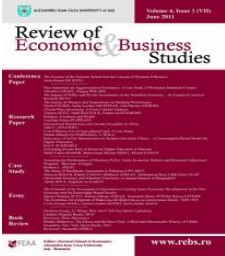
The present paper aims to disseminate how liberalisation processes were conducted around the globe and especially in Europe since the XIXth century up to date. The research objective is to review the liberalisation of trade dynamics and create an image of the architecture of the most important trading blocs. Analysis will be conducted considering the three major regional blocs: Europe, North America and East Asia. The main findings will show that, despite the few mutations that occurred in international trade as a result of the emergence of developing nations as major trade partners, the European Union and the United States remain the economic and trade hegemons.
More...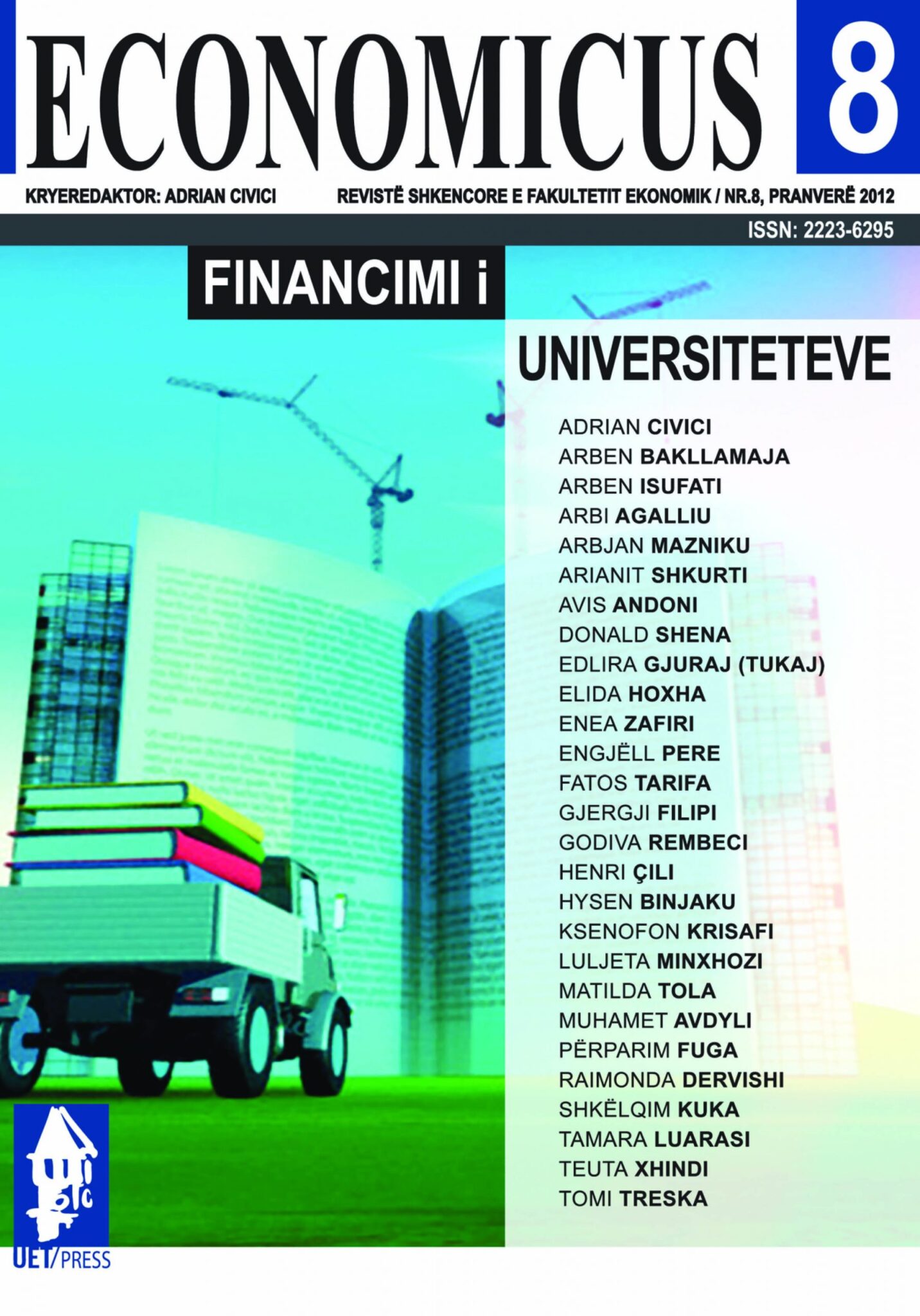
The Peace Treaty with Italy, signed in Paris on February 10th, 1947, ended the state of war between Italy and the other States, former member of Anti-Fascist Coalition during the WWII, among which Albania was included. In the preamble of the Treaty and in a number of his articles has been said and proved the Italy’s responsibility for the war and during the war. The Peace Treaty defined explicitly the status of Albania and its juridical position in relation to Italy and in general with the system created by the Peace Treaty. It was précised that every member of the United Nations, at war with Italy and who has not signed this treaty, as well as Albania, may accede to the Treaty, being considered immediately after accession, as Associate State in the implementation of the Treaty. This article gives Albania the opportunity, even though he had not signed the Treaty, to be a part of its general provisions. Treaty of Peace with Italy provided the final arrangement between the two countries in all matters, of economic and financial natures, arising from the provisions of the Treaty of Peace, and settled that the exact reparations and delivery of goods, items, equipment, etc., will be realized after a special agreement that will signed between concerned countries and Italy. On this basis, the Albanian government started the demarches with the Italian government to precise the next necessary measures needed to perform its implementation. After nearly 10 years of the persistent efforts was achieved in the end of negotiations between two countries and was signed in Rome on June 22, 1957, an Agreement which regulate all the matters arising from the Treaty of Peace signed in Paris on February 10, 1947, between the Allied and Associated Powers and Italy
More...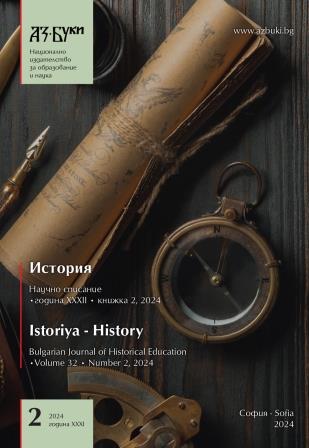
This article discusses a study by the historian Reineccius (1541 – 1595) on aspects of the history of Ancient Thrace and the Thracians. Until now, this work – part of a comprehensive exploration entitled “Historia Ivlia, Siue Syntagma Heroicvm” – has remained unknown to modern researchers and they assumed, that scholarly interest in Thracian history emerged only in the first half of the 18th century. The article begins with brief notes on Reineccius’s biography and works, followed by an overview of the information about the Thracians in his book. It is noted that, in the section titled “Regnum Thracium” the author sequentially examines ancient evidence concerning the geographical scope of Thrace, the strongest Thracian tribes, the Thracians outside Thrace; afterwards he structures the available at his time information of ancient writers about Thracian kings, specifying their family relationships. Special attention is given to the Odryssian kings, constituting about a third of the content. Other kingdoms, which today are considered part of the Thracian ethno-cultural community, are examined in separate sections: Bosphorus, Paeonia and Pannonia, Getica, Dacia and Moesia. The text is complemented by stems indicating established connections between dynasties and kings. Reineccius’s work is remarkable for its rigorous research elements and strict adherence to ancient texts, correctly cited. Undoubtedly, due to these qualities, this study on Ancient Thrace has influenced research on the topic for the next two centuries. Based on the presented facts, it is concluded that Reineccius’s work can be considered the first attempt to systematize ancient information about Thrace and the Thracians.
More...
